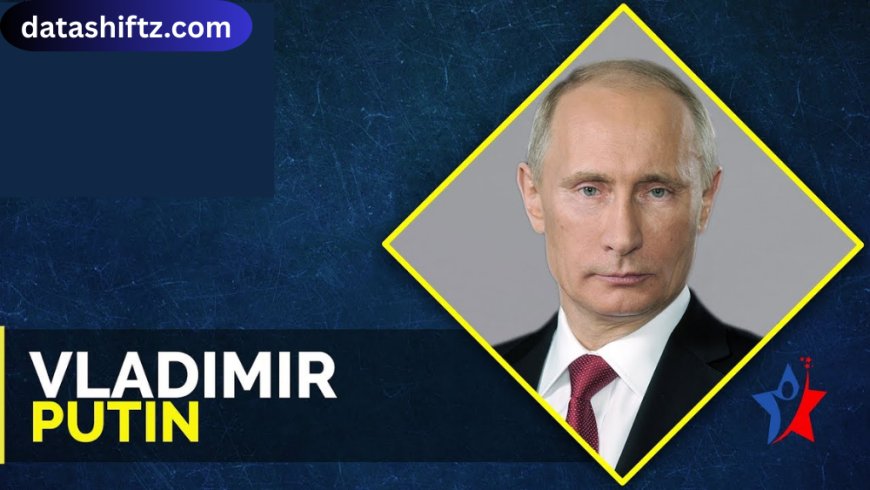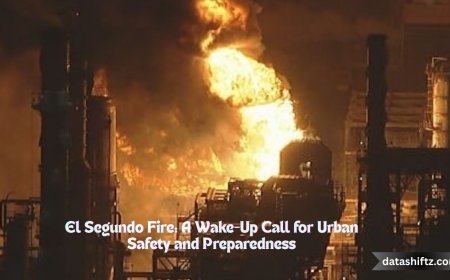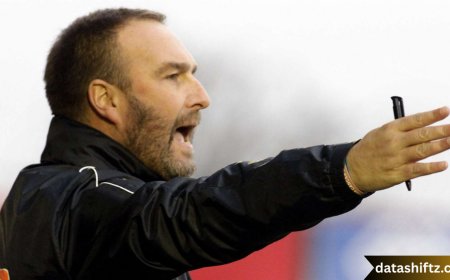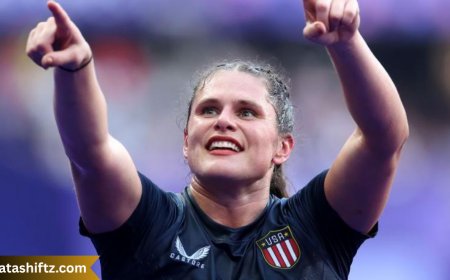Vladimir Putin: A Controversial World Leader

Introduction
Few names in global politics evoke as much attention and debate as Vladimir Putin, the long-serving President of Russia. Known for his strongman image, strategic governance, and assertive foreign policy, Putin has been one of the most influential figures on the world stage for over two decades. Whether admired for reviving Russian power or criticized for his authoritarian methods, his role in shaping international relations cannot be ignored. This article examines Putin’s early life, rise to power, political achievements, controversies, and the legacy he continues to build.
Early Life and Background
Vladimir Vladimirovich Putin was born on October 7, 1952, in Leningrad (now Saint Petersburg), Russia. Coming from a modest background, Putin showed early interest in law, discipline, and athletics, particularly in judo and sambo.
He pursued law at Leningrad State University, graduating in 1975. Shortly after, he joined the KGB (Committee for State Security), where he worked as an intelligence officer for 16 years. His time in the KGB helped him develop a disciplined, strategic mindset that would later define his political style.
After the fall of the Soviet Union, Putin entered politics in Saint Petersburg, eventually moving to Moscow in the late 1990s. His rise to power was swift, and by 1999 he was appointed Prime Minister of Russia.
Rise to Power
In 2000, Putin was elected President of Russia, succeeding Boris Yeltsin. From the start, he positioned himself as a leader who would restore stability after years of political and economic turmoil. His tenure has been marked by centralized authority, economic growth in the early 2000s, and a renewed emphasis on Russia’s global influence.
Key Milestones in His Political Career:
-
2000–2008: Served two consecutive presidential terms, strengthening central power.
-
2008–2012: Became Prime Minister under Dmitry Medvedev due to term limits, though still considered Russia’s most powerful figure.
-
2012–Present: Returned to the presidency and extended his rule through constitutional amendments.
Leadership Style and Political Ideology
Putin’s leadership is often described as authoritarian yet pragmatic. His policies blend nationalism, state capitalism, and strategic foreign policy. He emphasizes the restoration of Russian pride, sovereignty, and influence, often contrasting his governance with Western liberal democracies.
Hallmarks of Putin’s Leadership:
-
Strong centralized authority.
-
Limited tolerance for political opposition.
-
Strategic use of media and propaganda.
-
Focus on strengthening military power.
-
Assertion of Russian interests abroad.
Domestic Achievements and Challenges
Achievements:
-
Economic Growth (2000s): Rising oil prices and reforms led to significant GDP growth.
-
Stability: Putin restored a sense of national stability after the chaotic 1990s.
-
Infrastructure Development: Investments in energy, transport, and defense.
-
Poverty Reduction: Millions of Russians rose above the poverty line in the early years of his presidency.
-
Cultural Revival: Promoted Russian identity, traditions, and global recognition.
Challenges:
-
Dependence on oil and gas revenues.
-
Allegations of corruption and oligarch influence.
-
Limited press freedom and human rights criticisms.
-
Widening gap between the wealthy elite and ordinary citizens.
Foreign Policy and Global Impact
Putin’s foreign policy has shaped Russia’s role as a global power. His approach often challenges Western dominance, positioning Russia as a counterbalance to the United States and NATO.
Major Foreign Policy Moves:
-
Annexation of Crimea (2014): Sparked global condemnation and Western sanctions.
-
Syrian Civil War Intervention: Russia’s military backing of Bashar al-Assad shifted the balance of the conflict.
-
Ukraine Conflict (2022–Present): Full-scale invasion led to unprecedented sanctions and global political isolation.
-
Relations with China: Strengthened ties with Beijing to counterbalance Western influence.
-
Energy Diplomacy: Used Russia’s vast oil and gas reserves as leverage in international politics.
Career Statistics
| Year | Position Held | Key Event/Action | Outcome |
|---|---|---|---|
| 1999 | Prime Minister of Russia | Appointed by Boris Yeltsin | Gained national prominence |
| 2000 | President of Russia | Elected to first presidential term | Restored political stability |
| 2008 | Prime Minister of Russia | Term limit reached | Maintained influence under Medvedev |
| 2012 | President of Russia | Returned to presidency | Consolidated power |
| 2014 | President of Russia | Annexation of Crimea | International sanctions |
| 2020 | President of Russia | Constitutional amendments | Extended presidency to 2036 |
| 2022 | President of Russia | Invasion of Ukraine | Global sanctions and isolation |
List of Notable Highlights in Putin’s Career
-
Former KGB officer turned global political leader.
-
Rose to Russian presidency in 2000, maintaining power for over two decades.
-
Oversaw economic growth during the 2000s, improving living standards.
-
Centralized political authority, reducing influence of regional governors.
-
Asserted Russian power abroad through military interventions.
-
Annexed Crimea in 2014, reshaping Eastern European geopolitics.
-
Engaged in strategic energy diplomacy to influence Europe and Asia.
-
Strengthened Russia-China relations as a counterbalance to the West.
-
Introduced constitutional reforms to extend presidential terms.
-
Remains one of the most controversial leaders in modern history.
Legacy and Global Perception
Putin’s legacy is deeply polarizing. Supporters view him as the leader who revived Russia’s pride, stabilized its economy, and challenged Western dominance. Critics argue he has undermined democracy, restricted freedoms, and destabilized international security.
Globally, Putin is seen as both a strategic mastermind and a controversial figure whose decisions carry enormous consequences for world peace and stability. Whether viewed positively or negatively, his impact on global politics is undeniable.
Conclusion
Vladimir Putin’s life and career symbolize the complex interplay between power, ambition, and global influence. From a KGB officer to one of the most recognized leaders in the world, his story reflects both Russia’s struggles and its aspirations. His policies have reshaped Russia’s domestic and international standing, often placing him at the center of global debate.
As he continues to lead into the future, questions remain: Will his vision strengthen Russia’s position, or will his controversial policies isolate the nation further? One thing is clear — Vladimir Putin is a figure whose legacy will shape global history for decades to come.






























